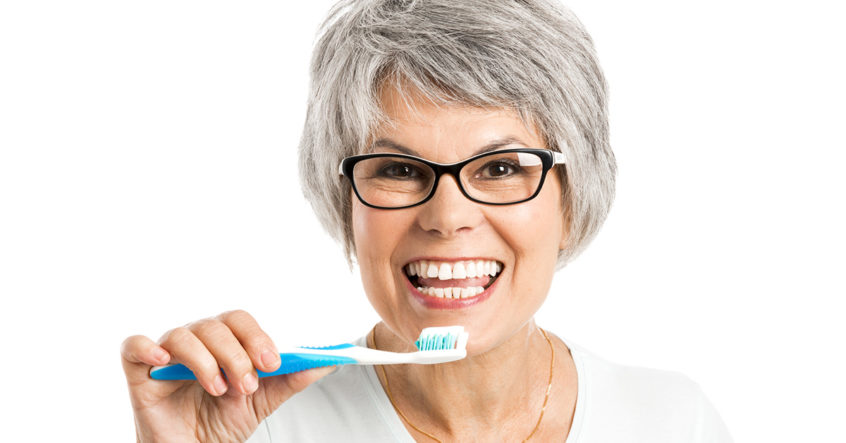A healthy smile is a reflection of overall well-being, and as we age, caring for our oral health becomes increasingly important. Seniors often encounter unique challenges in maintaining their dental hygiene, making proactive care and attention pivotal for a radiant smile and overall health. Let’s explore essential tips and practices crucial for seniors in preserving their oral health and maintaining their pearly whites.
Understanding Senior Oral Health
Common Dental Challenges
As we age, several oral health issues become more prevalent, including:
- Tooth Decay: Cavities can develop due to changes in diet, medication, or decreased saliva production.
- Gum Disease: Seniors are prone to gum disease, leading to bleeding, swollen gums, and potential tooth loss.
- Dry Mouth: Medications and certain medical conditions can cause dry mouth, increasing the risk of decay and infections.
Impact of Oral Health on Overall Well-being
Oral health isn’t limited to the mouth; it significantly impacts overall health. Poor oral hygiene can contribute to various systemic conditions like cardiovascular disease, diabetes, and respiratory infections.
Essential Oral Care Practices for Seniors
- Regular Dental Check-ups
Consistent dental visits are crucial for preventive care. Schedule regular check-ups and cleanings with your dentist to detect and address issues early.
- Daily Oral Hygiene Routine
Maintain a strict oral hygiene routine by brushing twice a day with fluoride toothpaste and using dental floss or interdental brushes to clean between teeth.
- Address Dry Mouth
Stay hydrated and consider using oral moisturizers or rinses to combat dry mouth symptoms. Consult your healthcare provider for suitable remedies.
- Optimal Nutrition
A balanced diet rich in nutrients supports oral health. Increase intake of calcium, vitamin D, and foods high in fiber for gum health.
- Tobacco and Alcohol Moderation
Limit tobacco and alcohol consumption, as they can exacerbate oral health problems such as gum disease and oral cancers.
Special Considerations for Seniors
- Denture Care
For seniors with dentures, maintain regular cleaning and care. Remove and clean dentures daily, and ensure they fit properly to prevent discomfort and oral health issues.
- Medication Awareness
Be aware of medications’ oral side effects. Some medications can cause dry mouth or impact gum health. Discuss concerns with your healthcare provider.
- Sensitive Teeth Care
Address sensitive teeth issues with toothpaste formulated for sensitivity. Consult your dentist for advice on managing sensitivity.
Addressing Oral Health Challenges
- Gum Disease Management
Seek treatment for gum disease promptly. Scaling and root planing, antibiotics, or surgery may be necessary for advanced cases.
- Tooth Replacement Options
Discuss tooth replacement options with your dentist if you’ve lost teeth. Implants, bridges, or dentures can restore function and appearance.
- Oral Cancer Screenings
Regular screenings for oral cancer are vital. Pay attention to any unusual changes in the mouth, such as lumps, sores, or discoloration.
The Importance of Professional Guidance
- Consulting Dental Professionals
Maintain open communication with your dentist. Discuss concerns, ask questions, and follow their recommendations for optimal oral health.
- Seeking Geriatric Dentistry
Consider a geriatric dentist specializing in senior oral care. They understand the unique needs of older adults and can provide tailored care.

Embracing a Lifetime of Smiles
Oral health is an integral component of overall well-being, and seniors deserve healthy smiles that radiate confidence and vitality. By incorporating these oral health essentials into daily routines and seeking professional guidance, seniors can maintain their beautiful smiles and contribute to their overall health and quality of life.
Embracing a Brighter Future
Aging doesn’t mean compromising oral health. With proactive care, seniors can preserve their smiles, maintain their overall health, and continue sharing their warmth and joy through radiant, healthy smiles.






